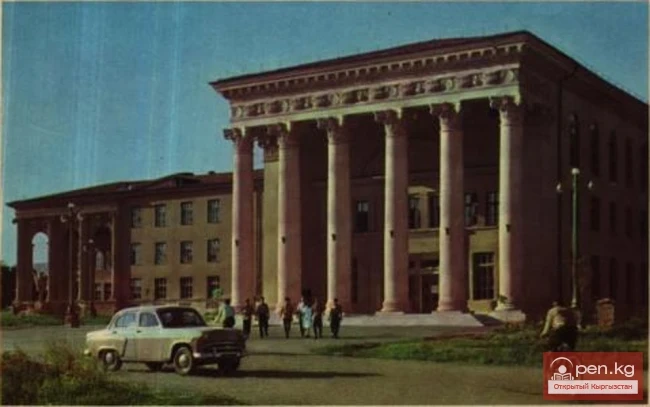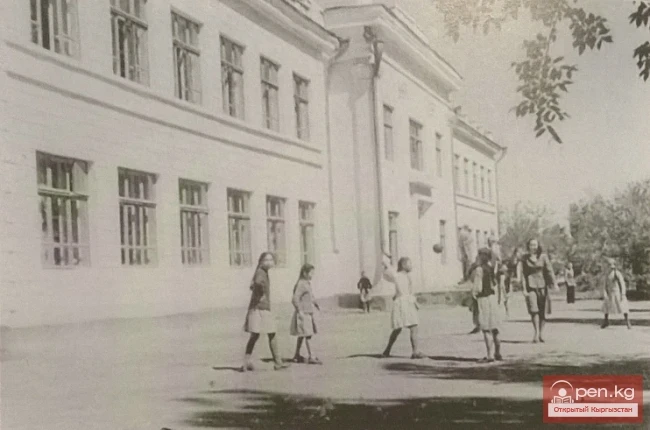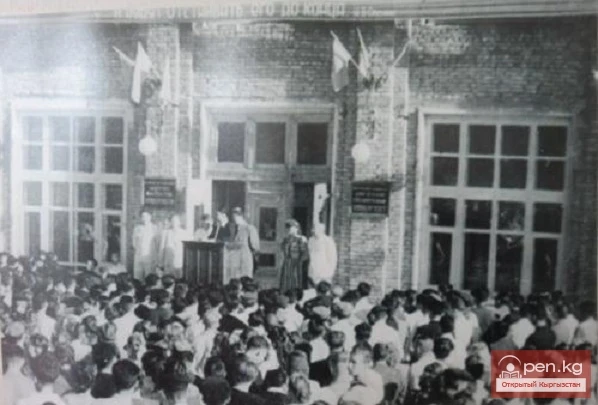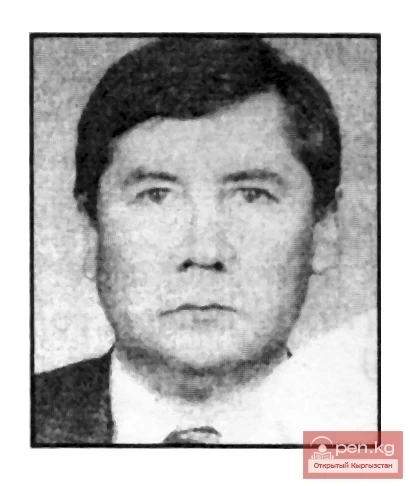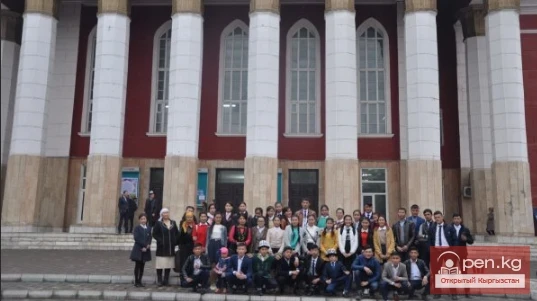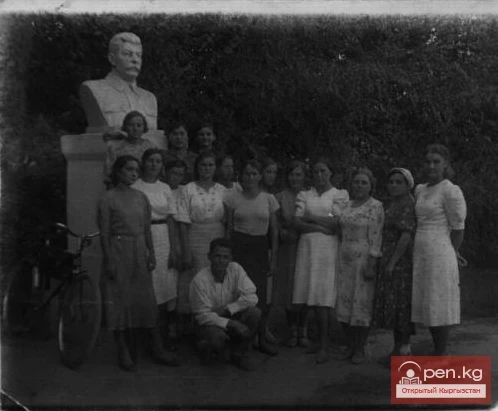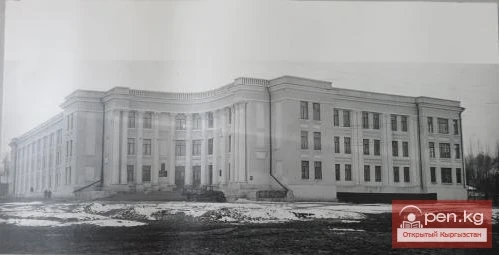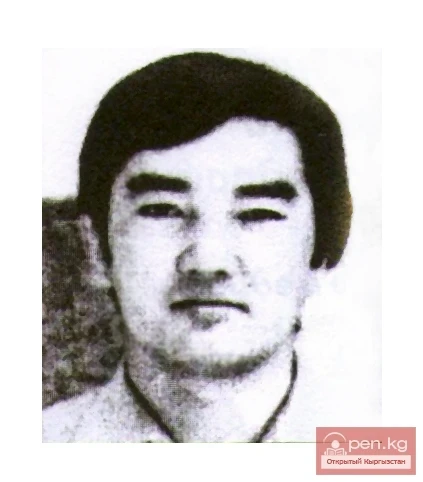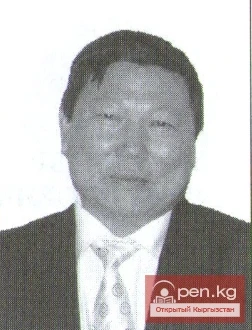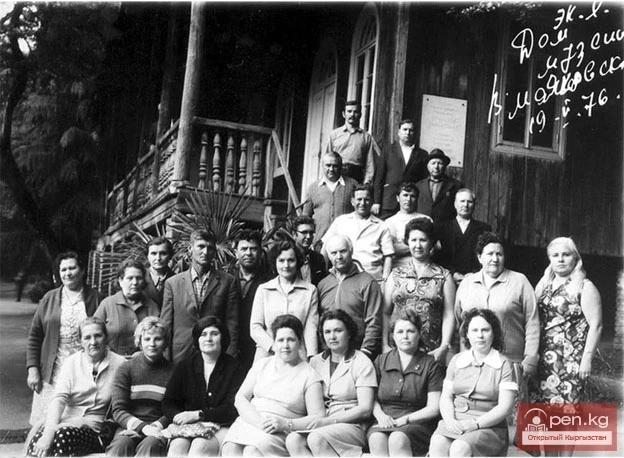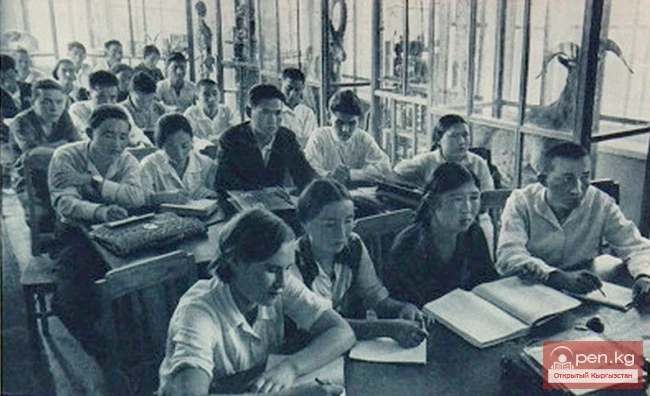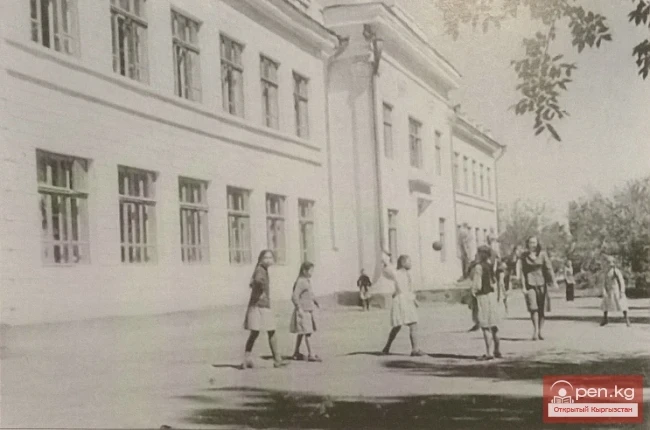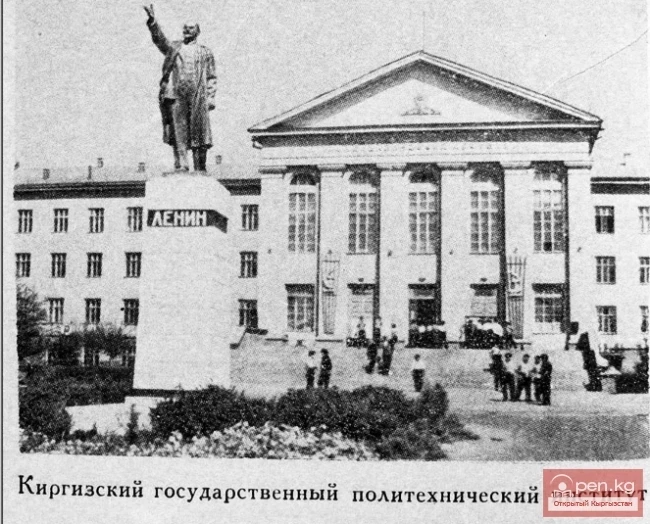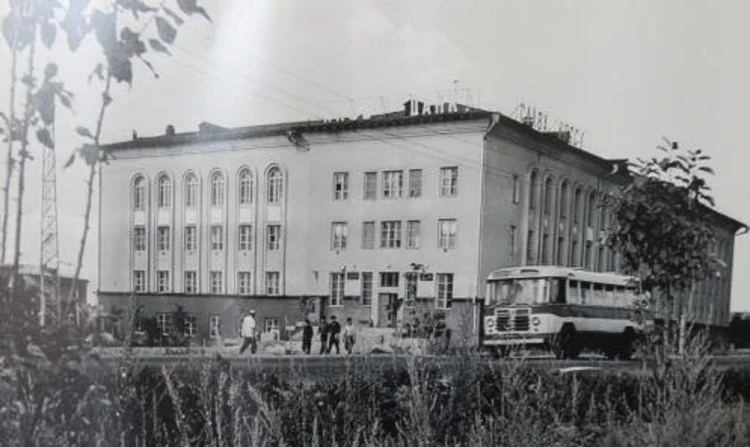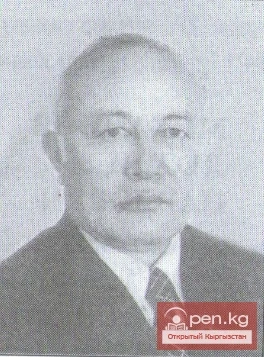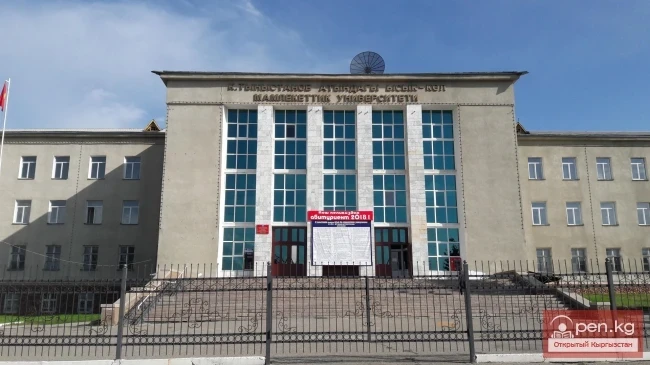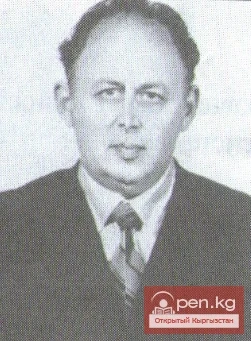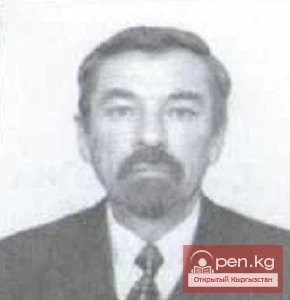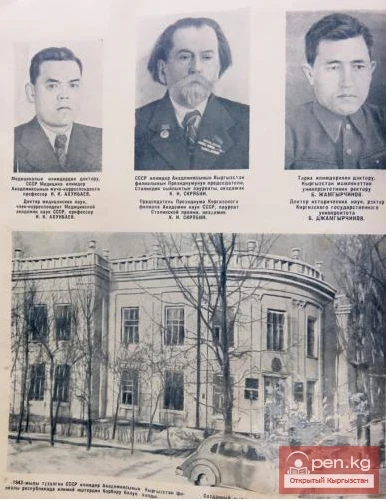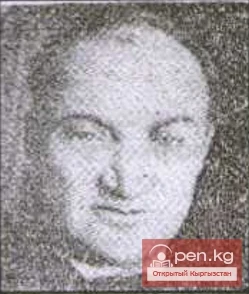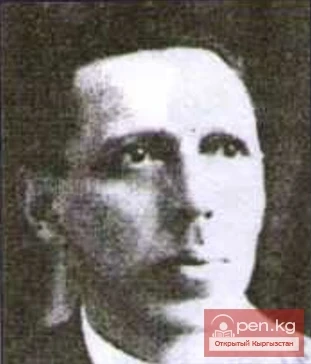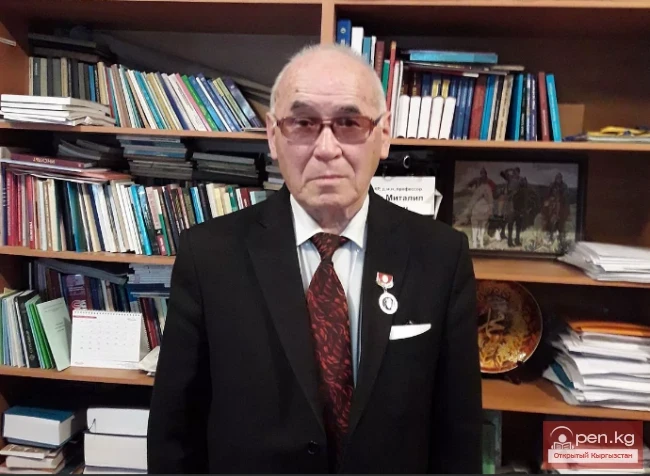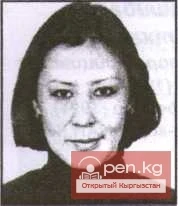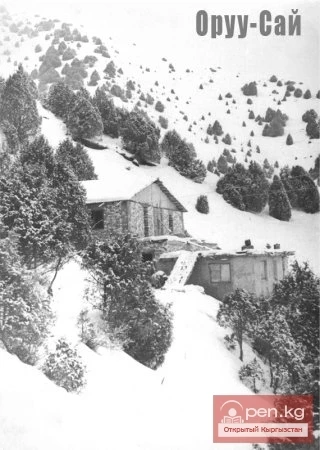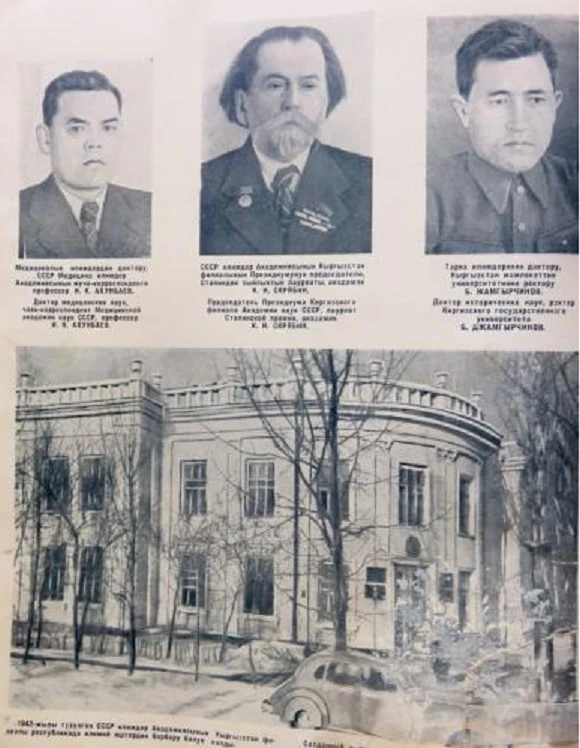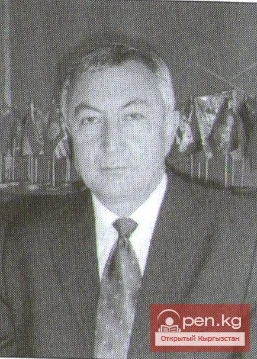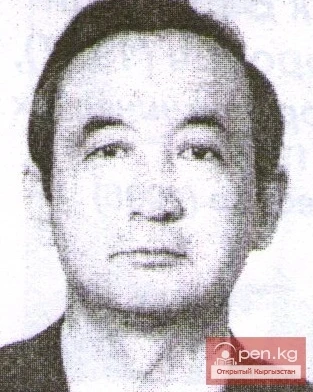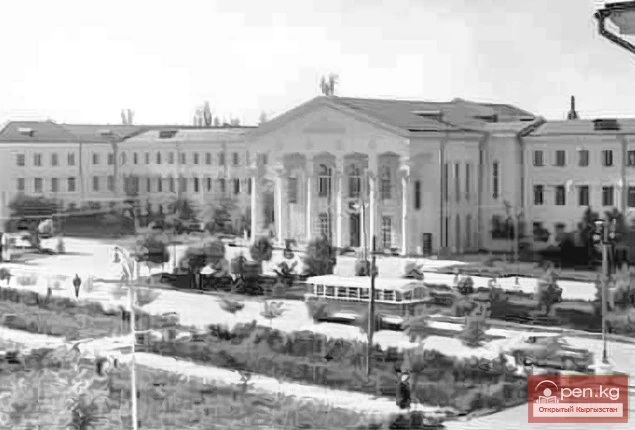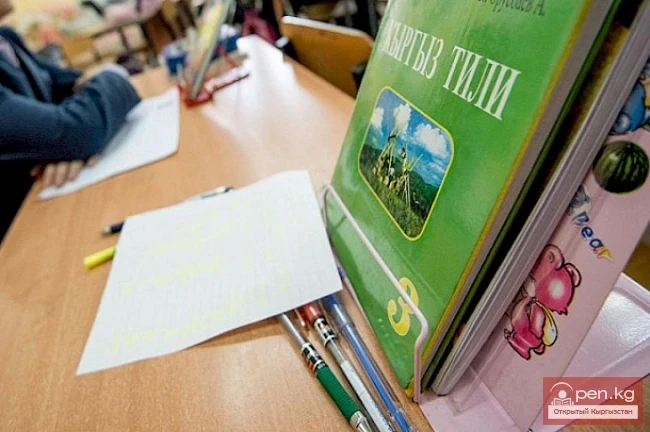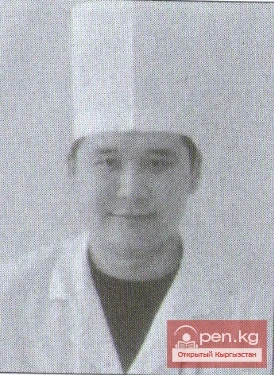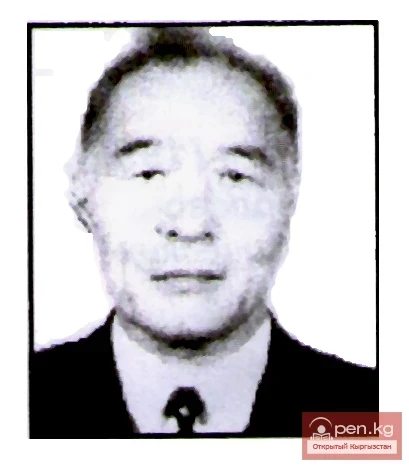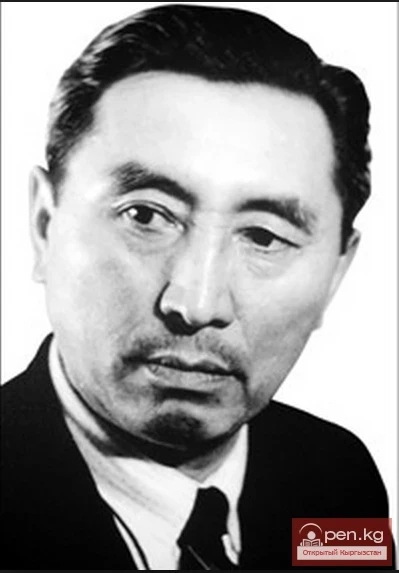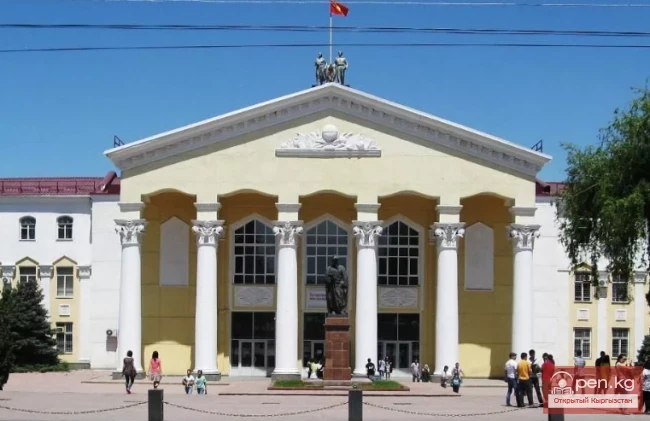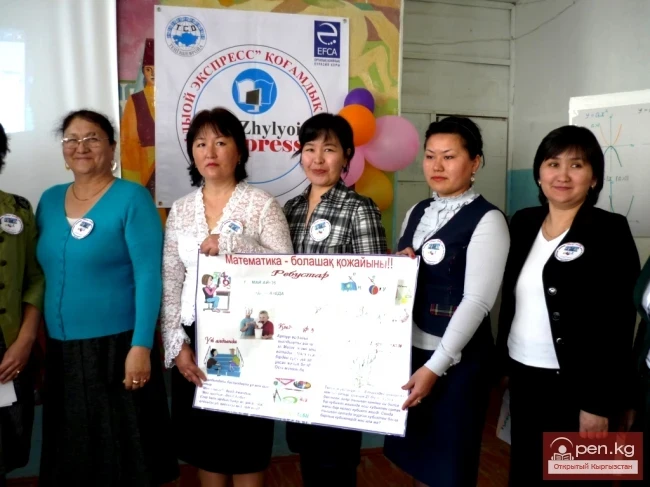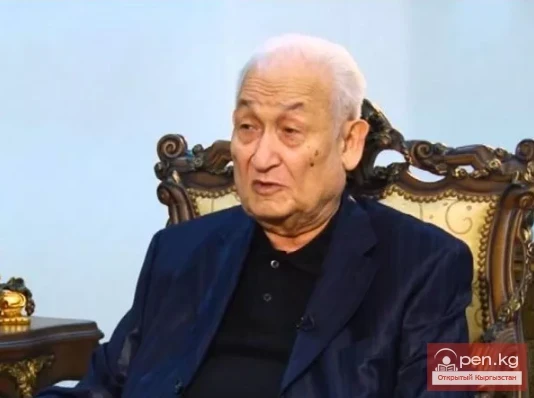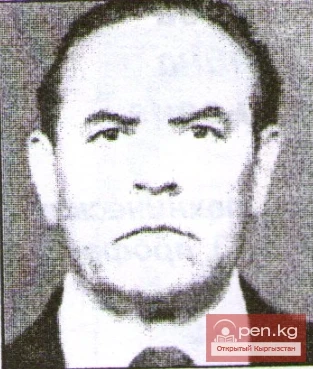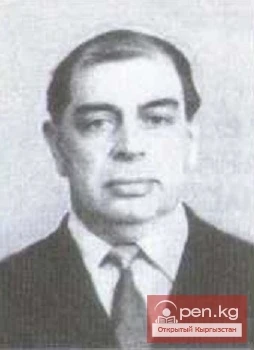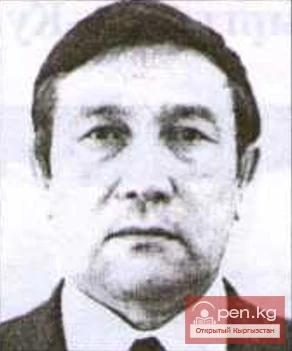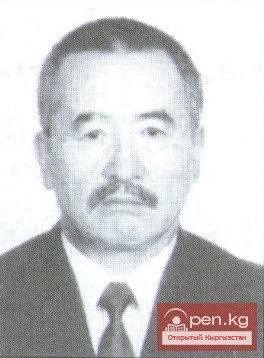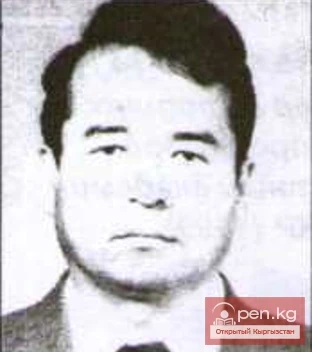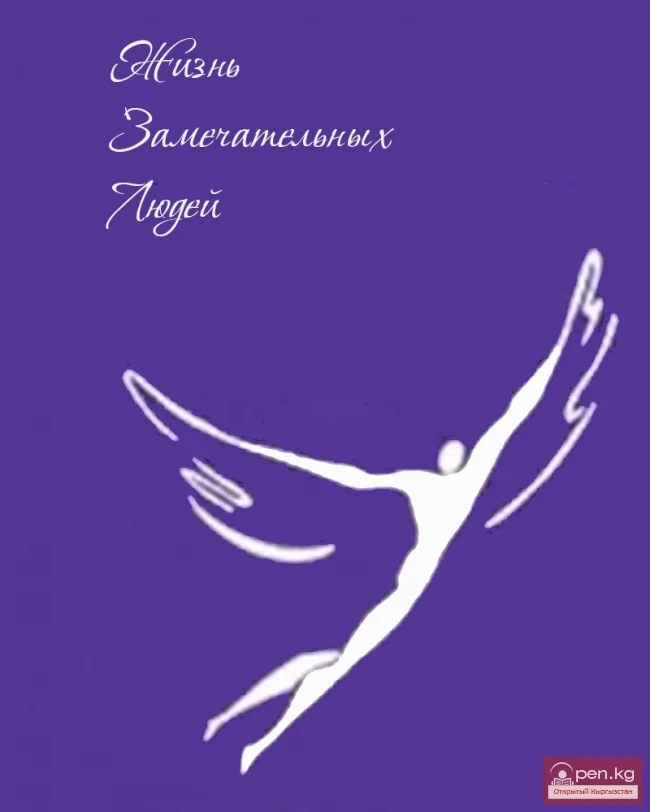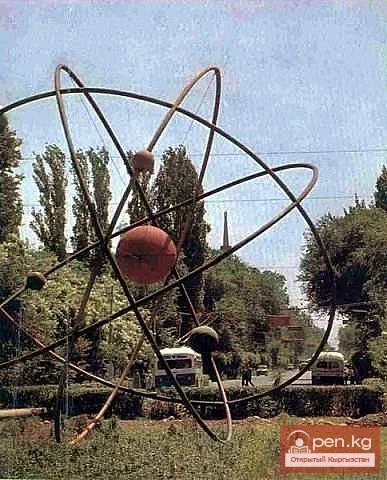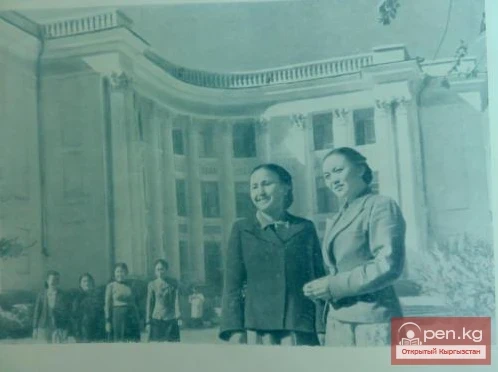
ARTICLE BY THE RECTOR OF THE KYRGYZ STATE MEDICAL INSTITUTE ON THE ACHIEVEMENTS OF THE INSTITUTE IN TRAINING HIGHLY QUALIFIED MEDICAL PERSONNEL
Frunze, July 12, 1952.
The Kyrgyz State Medical Institute is among the young higher education institutions in our country. Only thanks to the immense care of the party and government has it become a major educational institution in its 13 years of existence, with well-equipped departments, laboratories, and clinical bases.
The institute has 34 theoretical and clinical departments. The teaching staff is composed of highly qualified specialists, including more than 20 professors and doctors, and 48 candidates of medical sciences. Professors O.A. Dudinin, M.E. Volsky, A.L. Brudny, and B.S. Beylin have been awarded the title of Honored Worker of Science. Over the past three years, 9 staff members of the institute have defended their candidate dissertations, 5 of whom are Kyrgyz, including 2 women.
In 12 years, the institute has graduated 1985 doctors, among them 40 Kyrgyz women. Dozens of graduates have completed postgraduate studies at institutes in Moscow, Leningrad, and Frunze. Hundreds of doctors who received their education within the walls of our institute are working in Kyrgyzstan.
This year, the institute graduated a new group of specialists, including 36 young men and women of the indigenous nationality, 197 Russians, Ukrainians, Uzbeks, Kazakhs, and others. It is gratifying to think that the number of Kyrgyz students graduating from the institute is continuously growing.
The past academic year was significant in that our institute, like all higher educational institutions in the country, continues to restructure its educational and upbringing work.
Fundamental changes have been introduced into the scientific and pedagogical work of the institute through the materials of the scientific session of the Academy of Sciences of the USSR and the Academy of Medical Sciences of the USSR, dedicated to the problems of the physiological teachings of Academician I. Pavlov.
In lectures and practical classes on surgery, therapy, pathophysiology, neuropathology, and other branches of clinical theoretical medicine, students were explained the dominant role of the central nervous system in all processes of the organism's vital activity and the relationship between the organism and the environment.
Students of the institute actively participated in scientific circles. In the circle at the department of political economy, there were 14 graduates, at the departments of hospital surgery - 15, hospital therapy - 18, psychiatry - 11, pediatrics - 4, etc. This helped students to better assimilate the material and acquire the necessary practical skills.
The restructuring of educational and scientific research work, the improvement of the qualifications of the faculty, and the enhancement of ideological and educational work at the institute have had a positive impact on the results of exams. The State Examination Commission noted an increase in the level of knowledge among graduates of the current academic year. 24 students passed all exams with excellent marks and received diplomas with honors. The good theoretical and practical training was evidenced by the responses of graduates Dzhumabayeva, Androsov, Durova, Nigmatullina, Turusbekov, Yusupova, Gerasimenko, and others.
Many graduates expressed a desire to work in the regions of the republic. 70 graduates are being assigned to villages and cities in the fraternal Kazakh Republic. Some have decided to continue their studies in postgraduate programs at universities in Moscow and Leningrad.
We are confident that the graduates of our institute will justify themselves as specialists and will not spare any effort to fulfill their duty.
Now, the medical institute faces new tasks. Starting from the next academic year, it will transition to a 6-year training program. This will allow for an expansion of student activities aimed at acquiring practical skills. By working as interns in clinics, they gain knowledge and experience for independent work in districts and areas as treating physicians.
With the transition to a 6-year program, it is planned to create an experimental Pavlov laboratory at the institute, expand clinical bases, especially in the hospital cycle. This will further enhance the qualifications of young doctors and, consequently, improve medical services for the working population.
Professor I.K. Akhunbaev
Soviet Kyrgyzstan. July 12, 1952.
Construction of sewage systems in the city of Frunze. Document No. 189 (June 1952)

